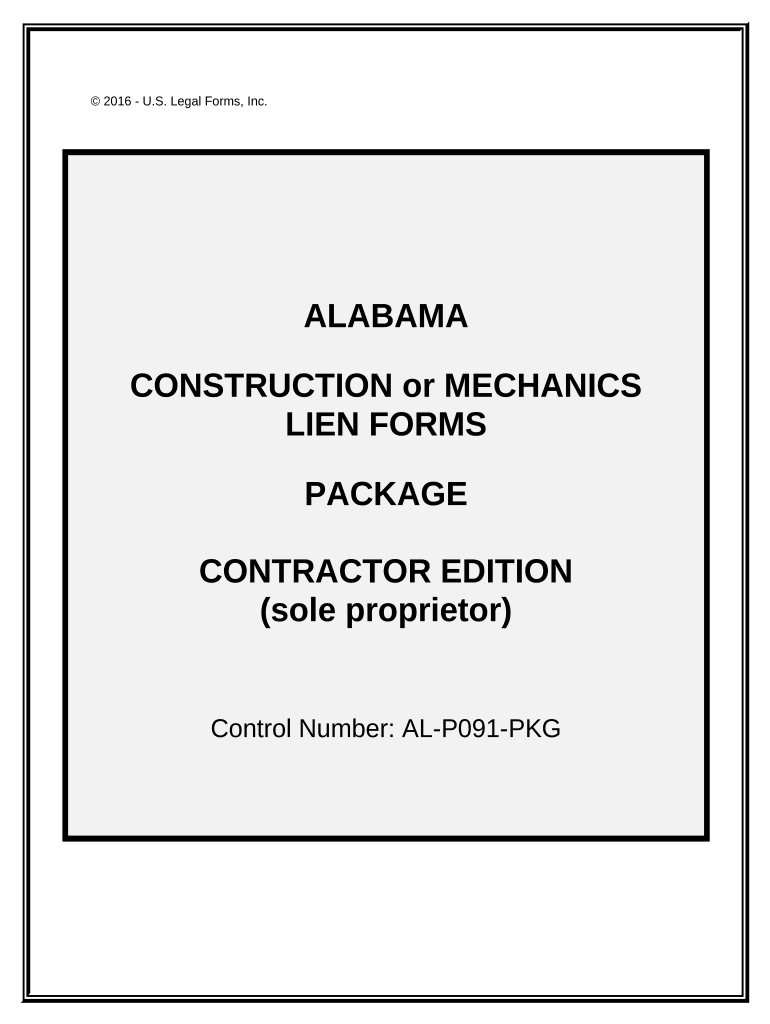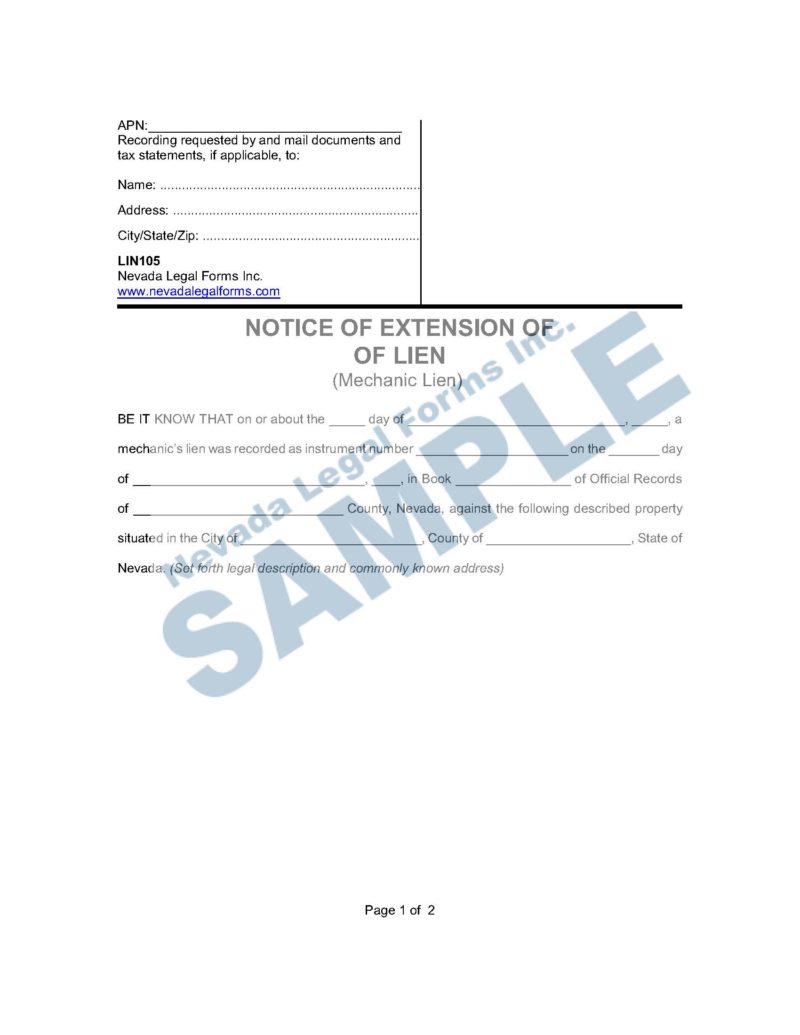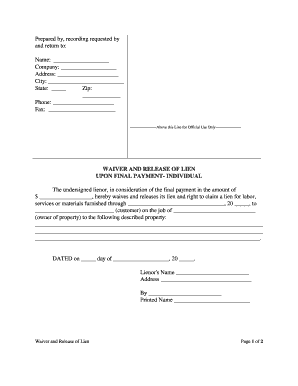5 Key Facts About Lien Paperwork Explained

Are you in the real estate business, investing in properties, or simply curious about the process of buying or selling property? Understanding the intricacies of lien paperwork is crucial to navigate these transactions smoothly and legally. Liens are a common but often misunderstood aspect of property law, and dealing with them correctly can make or break a property deal. Here's a detailed look at the five key facts about lien paperwork that you need to know.
What is a Lien?

Before diving into specifics, let’s clarify what a lien is:
- A lien is a legal right or interest that a creditor has in another’s property, lasting usually until the debt or financial obligation tied to it is paid.
- It can be against personal property (like a car) or real property (like land or a house).
- Liens come in different forms such as mechanic’s liens, tax liens, judgment liens, and more.
Types of Liens

Liens can be categorized into several types:
| Type of Lien | Description |
|---|---|
| Mechanic’s Lien | Imposed by contractors, builders, or suppliers when not paid for services rendered or materials supplied. |
| Tax Lien | A government’s claim on your property for unpaid taxes. |
| Judgment Lien | Results from a court ruling that the debtor owes money to the creditor. |
| Voluntary Lien | Placed by the property owner, usually for mortgages or loans. |
| Involuntary Lien | Imposed without the consent of the property owner, like tax or judgment liens. |

How Liens Affect Property Transactions

Liens can significantly impact the sale, purchase, or refinancing of a property:
- Lien Priority: The order in which liens must be paid off can affect the sale or refinancing. Typically, liens are paid in the order they were filed, with some exceptions like federal tax liens.
- Disclosure Obligations: Sellers are required by law to disclose any known liens against the property. Failure to do so can lead to legal action.
- Lien Resolution: Before finalizing a transaction, all liens must be addressed, either by paying them off, negotiating a lien release, or obtaining a lien subordination agreement.
How to File a Lien

Here’s a step-by-step guide on how to file a lien:
- Documentation: Collect all necessary documents proving the debt or obligation, including contracts, invoices, or court judgments.
- Research: Conduct a title search to ensure no prior liens or encumbrances exist that might affect your lien’s priority.
- Filing: Prepare and file the lien with the appropriate government office, usually the county recorder or clerk’s office.
- Notification: Send a preliminary notice to the property owner and any other interested parties.
- Time Frame: Each jurisdiction has specific time frames within which a lien must be filed. Missing these deadlines can invalidate your lien.
⚠️ Note: Laws regarding lien filing vary by state, so always consult local regulations and possibly a legal expert.
Resolving Liens

Here are the common ways to resolve liens:
- Paying Off the Debt: The simplest way to remove a lien is to pay what is owed.
- Negotiating: Sometimes, the lien holder might agree to accept a reduced amount to release the lien.
- Release of Lien: Once paid, the lien holder will provide a release document to be filed to clear the title.
- Court Action: If the lien is deemed invalid, one can seek a court order to remove it.
Understanding the complexities of lien paperwork can equip you to handle real estate transactions more confidently. Whether you're a homeowner, contractor, or investor, knowing your rights and obligations can prevent legal entanglements and facilitate smoother property transactions. By keeping track of liens, addressing them promptly, and ensuring compliance with local laws, you're safeguarding your interests in the property.
Can a lien be placed on my property without my knowledge?

+
Yes, involuntary liens like tax liens or judgment liens can be placed on your property without your explicit knowledge. However, creditors must follow legal procedures, which usually involve notifying the property owner at some point.
What happens if a lien is not addressed before selling the property?

+
If the lien isn’t addressed, the sale could be halted or delayed. Typically, the sale proceeds are used to pay off the lien, or the buyer might negotiate a deal where they assume responsibility for certain liens with the seller’s consent.
Is it possible to remove a lien without paying it?

+
Yes, but it’s rare. You might contest the lien in court if it was improperly filed or convince the lienholder to release it through negotiation or legal action. Bonding off the lien is another option, where you deposit the lien amount into a court-held account to clear the title while the dispute is resolved.